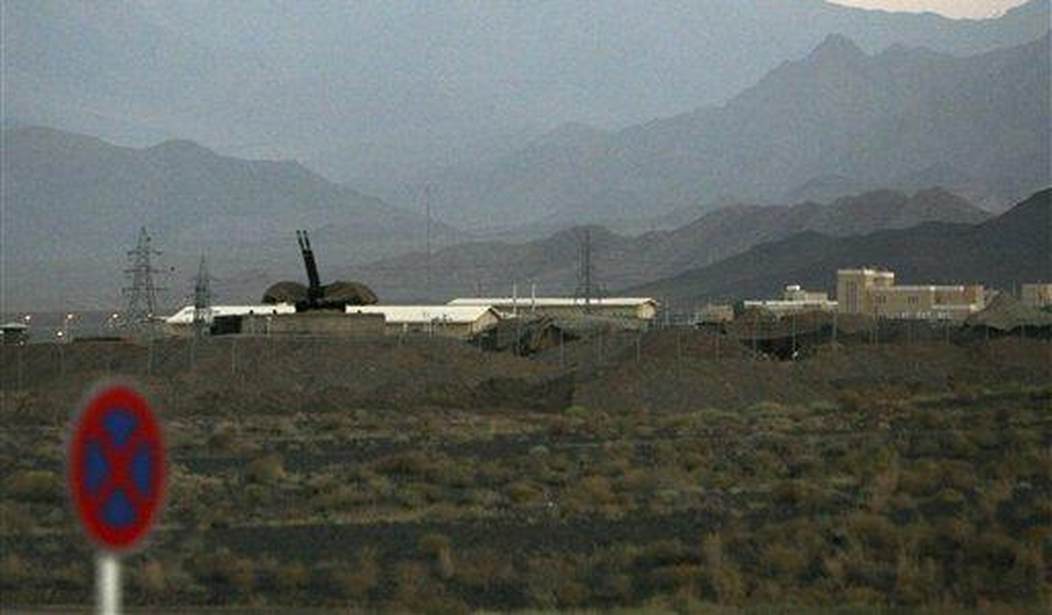The Iranian government is thumbing its nose at the world, despite its professed desire to rejoin the 2015 nuclear deal negotiated by the Obama administration. Tehran is denying the International Atomic Energy Agency access to video surveillance from several of its nuclear enrichment facilities and data from monitors and tamper-proof seals that keep electronic tabs on the Iranian program.
For the first time, the IAEA could only publish an estimate of Iran’s nuclear stockpile based on the output from previous months. With no accounting of Iranian enrichment activities and Iran threatening to delete the data unless European nations lift all sanctions on the regime, the entire inspections regime is threatening to fall apart.
Iran started limiting inspections in a bid to put pressure on the government of U.S. President Joe Biden to lift crippling sanctions reimposed after then President Donald Trump pulled out of the 2015 nuclear deal with Iran unilaterally in 2018.
Under the deal, the IAEA placed around 2,000 tamper-proof seals on nuclear material and equipment. Those seals communicated electronically to inspectors. Automated measuring devices also provided real-time data from the program.
Iran is blocking the signals from those seals, making it impossible to determine how much uranium they are enriching and to what level of enrichment that nuclear material is being manufactured. The Iranians could be enriching uranium to bomb-grade levels and no one would know.
In the IAEA report, the agency for the first time released estimates of Iran’s stockpile rather than precise figures, saying that as of May 22, Iran’s total enriched uranium stockpile was 3,241 kilograms (7,145 pounds), up about 273 kilograms (600 pounds) from the last quarterly report.
That was down from an increase of nearly 525 kilograms (1,157 pounds) reported in the last quarterly report.
Though it wasn’t immediately clear what led to the decrease, it comes as an explosion in April at its underground Natanz nuclear facility affected centrifuges there. Iran has yet to offer a full accounting of what happened in an attack it described as “nuclear terrorism.” Israel, which is widely suspected of carrying out the assault, hasn’t commented publicly on it.
Iran is very effectively using its nuclear program and the threat of blowing up the 2015 agreement to get the Europeans to lift sanctions. Since the whole point of the nuclear deal was to give the Europeans and the U.S. an excuse not to take action against Iran’s nuclear program, we can expect to see the U.S. and EU caving to Iran soon.
Iran is facing a presidential election later this month to replace the “moderate” President Hassan Rouhani. Some observers predict a hard-line faction, led by the judiciary chief Ebrahim Raisi, will prevail, although Iranian politics is notoriously difficult to predict given the lack of reliable polling and a closed-mouth public.
If it is Raisi, expect more efforts to humiliate the United States before Iran agrees to anything.










Join the conversation as a VIP Member